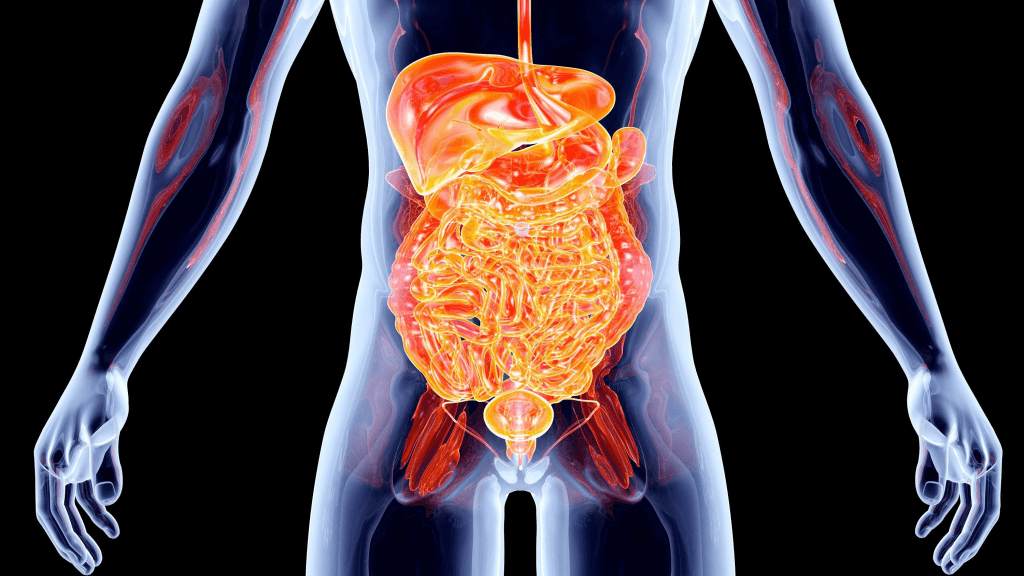
Dirtiest Organ in the Human Body: Unveiling Nature’s Waste System
 Source- Pinterest
Source- Pinterest
Introduction
The human body is a remarkable and intricate system, composed of various organs working in harmony to maintain our health and well-being. While some organs are known for their vital functions and elegance, there is one particular organ that often goes unnoticed: the gut. In this article, we will delve deep into the mysteries of the gut and explore why it holds the title of the dirtiest organ in the human body.
The Gut: Nature’s Waste Disposal System
The gut, also known as the gastrointestinal tract or digestive system, is a complex network of organs responsible for the digestion and absorption of food. From the moment food enters our mouths until its eventual exit, the gut plays a crucial role in breaking down nutrients and eliminating waste. However, this intricate process leaves the gut vulnerable to a variety of contaminants, making it one of the dirtiest organs in the body.
The Mouth: A Gateway for Bacteria
The journey of digestion begins with the mouth, which serves as the entrance point for food. While we strive to maintain good oral hygiene, our mouths harbour millions of bacteria. These bacteria aid in breaking down food particles but also contribute to the overall dirtiness of the organ.
READ ALSO-COGNITIVE DISSONANCE: THE HIDDEN PSYCHOLOGICAL CAUSE OF STRESS AND RELATIONSHIP CONTRARY
The Esophagus: A Transit Tube
As food travels from the mouth to the stomach, it passes through the oesophagus. Though relatively clean compared to other parts of the digestive system, the esophagus can still accumulate bacteria and remnants of swallowed substances, further adding to the dirtiness of the gut.
The Stomach: A Cauldron of Acid
The stomach, often associated with its acidic environment, serves as a vital organ in the digestive process. Its acidic juices break down food into smaller particles for further processing. Despite its sterilizing abilities, the stomach is still susceptible to various contaminants, including harmful bacteria and toxins.
The Small Intestine: A Hub of Absorption
The small intestine is where the majority of nutrient absorption takes place. Its inner lining called the mucosa, contains tiny finger-like projections called villi, which increase the surface area for nutrient absorption. While the small intestine is crucial for nutrient uptake, it also houses numerous bacteria that aid in the digestion process.
The Large Intestine: Home to Bacteria
The large intestine, or colon, is where the final stages of digestion occur. It is primarily responsible for absorbing water and electrolytes, while also harbouring a significant amount of bacteria. These bacteria help break down undigested food particles and produce essential vitamins. However, they also contribute to the overall dirtiness of the gut.
FAQs about the Dirtiest Organ: The Gut
FAQ 1: Is the gut really the dirtiest organ in the human body?
Answer: Yes, the gut can be considered the dirtiest organ due to its exposure to bacteria, waste products, and toxins throughout the digestive process.
FAQ 2: Can the dirtiness of the gut lead to health problems?
Answer: While the gut’s inherent dirtiness is a natural part of its function, an imbalance of bacteria or the presence of harmful pathogens can lead to various health issues, such as gastrointestinal infections and inflammation.
FAQ 3: How can I maintain a healthy gut?
Answer: Maintaining a healthy gut involves adopting a balanced diet rich in fiber, staying hydrated, and avoiding excessive intake of processed foods and antibiotics. Additionally, regular exercise and stress management contribute to gut health.
FAQ 4: Are probiotics beneficial for gut health?
Answer: Probiotics, which are live bacteria and yeasts that promote a healthy gut, can be beneficial. They can help restore the balance of bacteria in the gut and support proper digestion and



